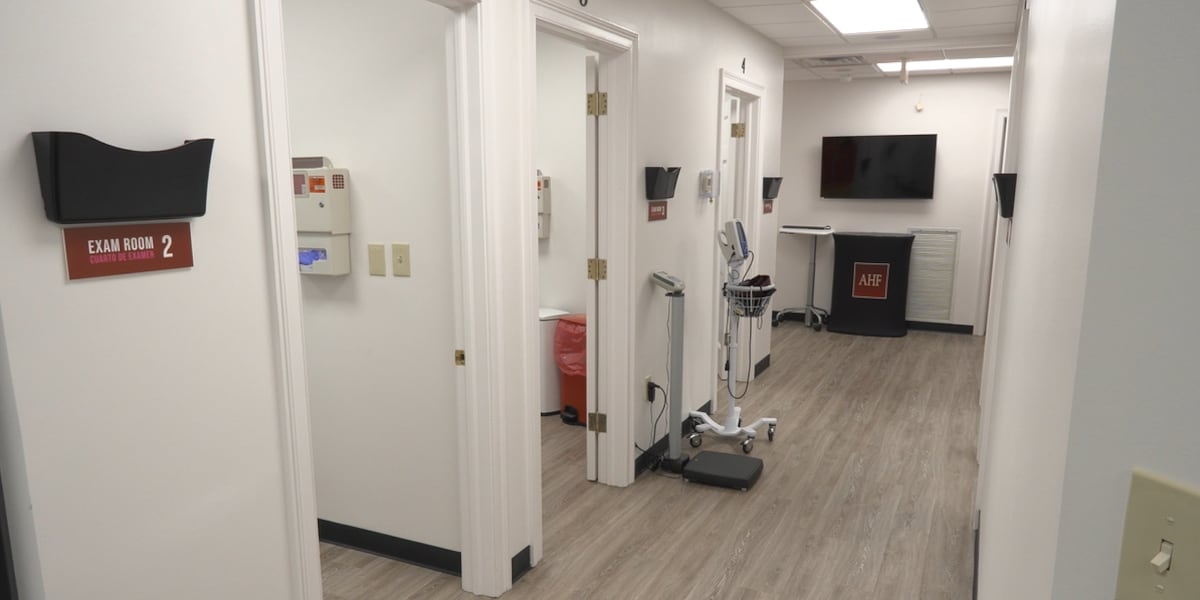Santa Rosa Ex-Code Officer Requests Mental Health Treatment Over Jail in Elder Theft Case
A former code enforcement officer for Santa Rosa, Kelley Aboudara, is seeking a significant alternative to jail time in connection with an elder theft case. Her defense attorney recently filed a petition for mental health diversion with the Sonoma County Superior Court, aiming to prioritize treatment and rehabilitation over incarceration. The case has drawn attention due to the unusual circumstances and the potential for a more compassionate approach to addressing the underlying issues contributing to Aboudara’s alleged actions.
The Allegations and Legal Proceedings
The details surrounding the elder theft case remain somewhat limited, but court records indicate that Aboudara is accused of misappropriating funds from an elderly individual. The specifics of the alleged theft, including the amount involved and the nature of the relationship between Aboudara and the victim, are still emerging. The initial charges, if proven, could carry a substantial jail sentence.
The Plea for Mental Health Diversion
The application for mental health diversion represents a strategic shift in Aboudara’s defense. Diversion programs are designed to offer individuals struggling with mental health issues or substance abuse a chance to address those challenges through treatment and counseling, rather than facing traditional criminal penalties. Successful completion of a diversion program often results in charges being dismissed or reduced.
“We believe that Ms. Aboudara’s actions are directly linked to underlying mental health concerns,” stated her attorney in a public statement. “A rigorous treatment plan, overseen by qualified professionals, offers a far greater chance of rehabilitation and preventing future incidents than incarceration would.”
Sonoma County's Mental Health Courts
Sonoma County has a history of utilizing mental health courts as a means of addressing the intersection of mental illness and the criminal justice system. These specialized courts provide intensive supervision and support services for defendants with mental health diagnoses. If Aboudara’s petition is granted, she would likely be enrolled in one of these programs, which would involve regular therapy sessions, medication management (if applicable), and ongoing monitoring by a court-appointed team.
Impact on the Victim
The victim in this case, an elderly individual, is understandably concerned about the situation. While the focus is on Aboudara’s potential treatment, the victim's financial security and emotional well-being remain paramount. Legal representatives for the victim are closely monitoring the proceedings and advocating for restitution to be repaid to the victim, regardless of the outcome of the diversion petition.
The Bigger Picture: Addressing Mental Health in the Justice System
Aboudara’s case highlights a growing recognition of the need to address mental health issues within the criminal justice system. Traditional incarceration often fails to address the root causes of criminal behavior, particularly when those behaviors are linked to mental illness. Diversion programs offer a more holistic and potentially more effective approach, focusing on rehabilitation and reducing recidivism.
The Sonoma County Superior Court is expected to review Aboudara’s petition in the coming weeks. The decision will likely hinge on factors such as the severity of the alleged offense, the strength of the evidence supporting the mental health claim, and the availability of appropriate treatment resources. Regardless of the outcome, this case serves as a reminder of the complexities of the criminal justice system and the importance of considering mental health as a critical factor in determining appropriate sentencing.





